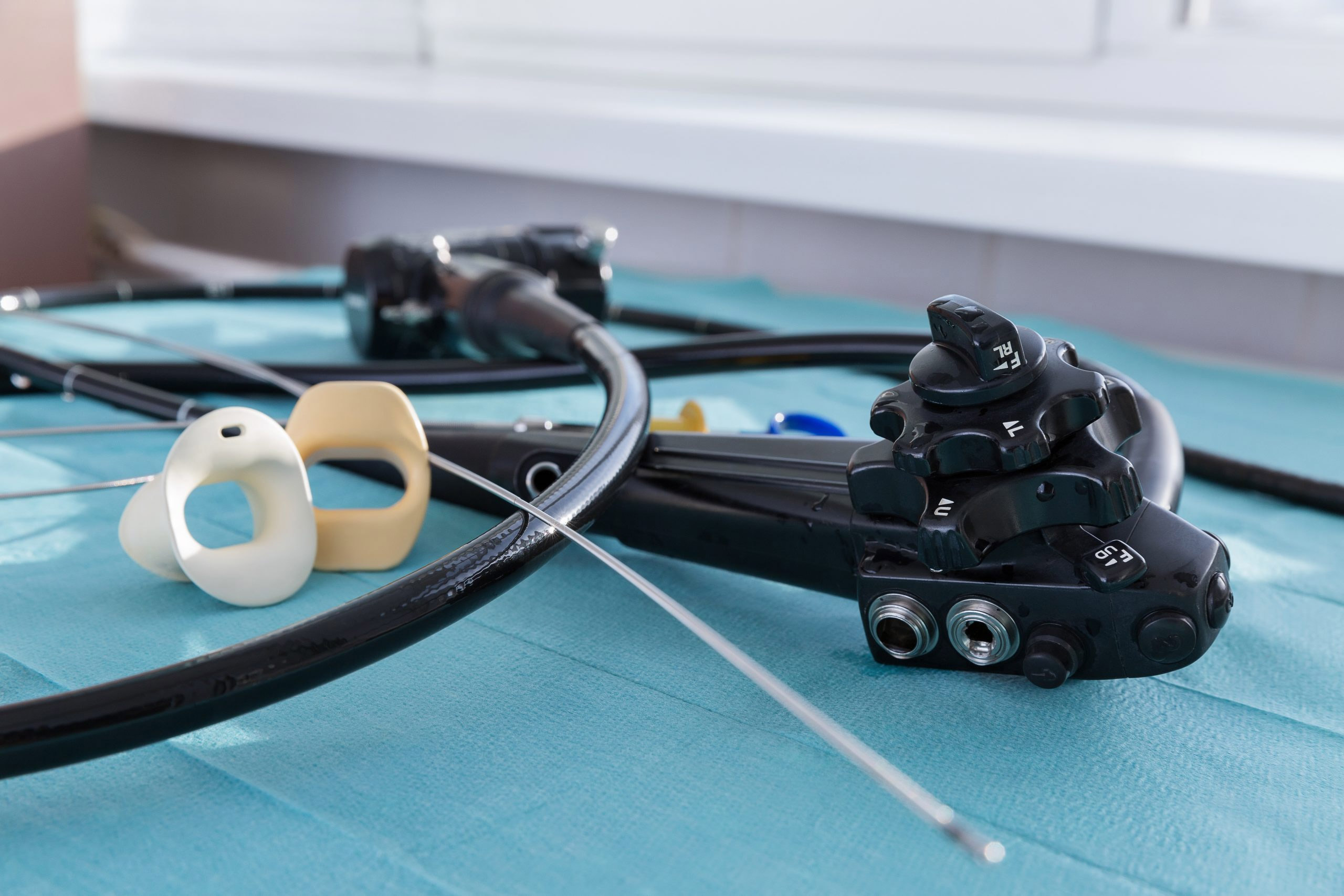
To play its part in combatting the nationwide opioid crisis, Vanderbilt University Medical Center implemented enhanced recovery after surgery (ERAS) for many operations. This comprehensive approach to treating patients eliminates the use of opioids.
Dr. Nicole L. Miller, a professor of urology at Vanderbilt University Medical Center, recently discussed her department’s adoption of this protocol for patients undergoing ureteroscopy in an interview with Urology Times.
Patients with kidney stones can require frequent care because of the severe pain the stones often cause and their high likelihood of recurrence. That means that, at every point of care, there’s a chance opioids will be prescribed to the patient.
A ureteral stent is often placed when surgery is needed, which many patients say is the most uncomfortable part of the operation. And urologists “traditionally” thought opioids were needed to control the pain related to the stent, according to Miller.
“But the opioid crisis in the U.S. made us begin to question whether this was true,” she said. “As we evaluated our prescribing practices, it became more evident that much of it was based on habit rather than need.”
There was hesitancy from patients with recurrent kidney stones who’ve undergone surgery before and came to expect a prescription. But, overall, ERAS has been well received — many patients understand the risks associated with opioids and request to avoid them if possible.
Miller said a four-medication regimen of acetaminophen, Tylenol and ibuprofen, tamsulosin, and oxybutynin is now protocol at Vanderbilt for ureteroscopy. Patients can contact their provider at any time and there is a protocol in place to manage breakthrough pain.
Miller called it "multimodal analgesia” targeting different pain pathways in a bid to "improve the patient experience, decrease pain, and reduce opiate exposure.”
One positive outgrowth of this effort has been the improved communication among providers, because everyone is focused on the same outcome. Urologists understand that “the risk of developing persistent use is associated with how much we prescribe,” Miller said.
There were 14,139 deaths involving prescription opioids in the U.S. in 2019, according to Urology Times.
Vanderbilt used to prescribe five to seven days’ worth of opiates, enough to last until the ureteral stent was removed. Some of the pills in that prescription — totaling 28 or more — would end up being taken by someone else or sold for profit.


